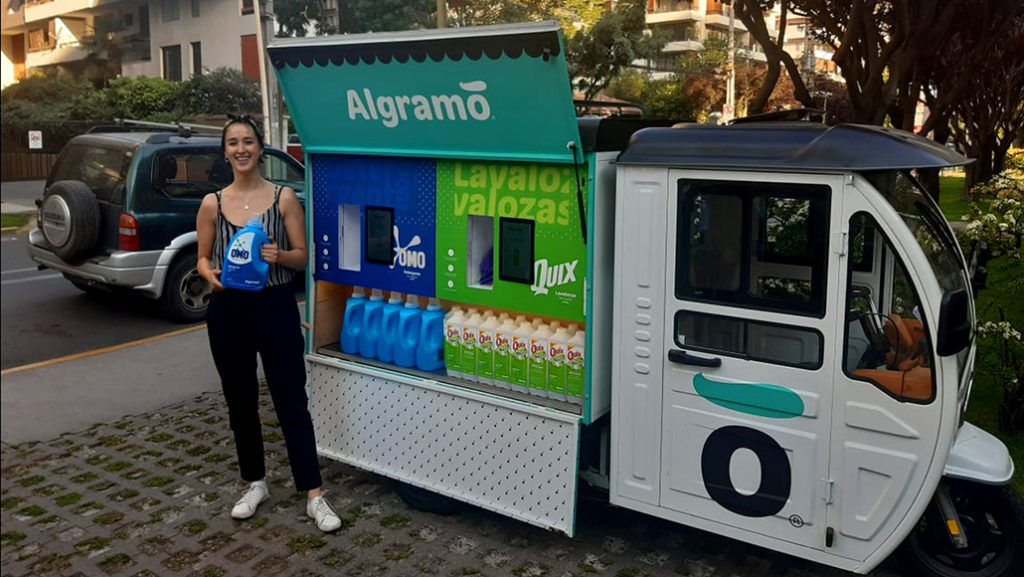BALTIMORE (Sept. 30, 2021) – The City of Baltimore today launched delivery of nearly 200,000 curbside recycling carts, a $10 million-plus project estimated to increase recycling output per household by 80% and generate as much as 40 million pounds of new recyclables each year. The initiative to bring equitable curbside recycling access to the City’s 609,000 residents was made possible by a groundbreaking collaboration brought together by The Recycling Partnership, with the American Beverage Association’s Every Bottle Back initiative, Closed Loop Partners, Dow, the Baltimore Civic Fund, and Rehrig Pacific. The program will also help collect and recycle nearly 30 million new pounds of plastic over 10 years, including 16 million new pounds of polyethylene terephthalate (PET), commonly found in beverage bottles, that might otherwise have gone to waste.
This innovative public-private partnership includes a $3.6 million investment from The Recycling Partnership, consisting of $1.65 million from the beverage industry, a plastic resin donation for recycling carts from Dow, and large, lidded rollout recycling carts manufactured by Rehrig Pacific. This is bolstered by a $3 million investment from Closed Loop Partners’ Infrastructure Fund, which finances projects that grow and strengthen recycling and circular economy infrastructure in the United States. This first of its kind collaboration will help Baltimore provide free, larger recycling carts to nearly 200,000 households to collect and process more recyclable materials, including beverage bottles and cans. As part of the effort, the city will launch a recycling education campaign to inform the public about the new recycling carts and what can and cannot be recycled.
“Making Baltimore more sustainable through diverting waste from our landfills and incineration is key as we lay the groundwork for future generations,” said Mayor Brandon M. Scott. “By providing our residents with the proper resources and education thanks to this partnership, I know that more Baltimore households will do their part to reduce waste and recycle.”
“This unique public-private partnership has culminated in The Recycling Partnership’s largest recycling grant to date, providing an innovative solution that will meaningfully increase recycling rates and serve as a model for other cities,” said Cody Marshall, Chief of Community Strategy at The Recycling Partnership. “Cart-based recycling collection is a foundational element to any community’s recycling and sustainability program. Providing curbside recycling carts to all households makes waste diversion convenient for all while streamlining program operations – the definition of resiliency and sustainability.”
“The beverage industry’s Every Bottle Back initative seeks to achieve a truly circular economy for our 100% recyclable bottles through innovative public-private partnerships that improve recycling infrastructure and education in key regions of the country,” said Katherine Lugar, president and chief executive officer of the American Beverage Association. “Our collaboration in Baltimore ensures equitable access to recycling and that valuable materials, like our beverage bottles, are collected and remade into new bottles as intended keeping plastic out of the environment.”
Launched in 2019 by the American Beverage Association, Every Bottle Back is an unprecedented initiative to reduce the beverage industry’s plastic footprint by increasing the number of bottles collected and remade into new ones. Every Bottle Back brings together The Coca-Cola Company, Keurig Dr. Pepper, and PepsiCo with leading environmental and sustainability organizations – World Wildlife Fund, Closed Loop Partners, and The Recycling Partnership – to support the circular plastics economy.
“This marks a significant milestone in our collective work with the City of Baltimore and other key stakeholders ––proving what is made possible through meaningful collaboration. Strengthening the City’s local recycling system lays the groundwork for improved recycling rates, and ultimately, reduces the amount of valuable materials going to landfill or into nature,” says Ron Gonen, Founder & CEO of Closed Loop Partners. “We are proud to be a part of this groudbreaking partnership, and look forward to our continued work to advance more resilient and accessible recycling infrastructure across the United States.”
The City’s transition to automated recycling collection, a process that does not require collection staff to leave the truck’s cab, with larger, lidded recycling carts enables safer and more efficient collection, reduces the amount of manual labor needed, helps to prevent injury to collection staff, and ensures continuity of service during labor shortages, while minimizing waste in waterways and providing residents with increased storage capacity for their recyclables at the same time.
Baltimore’s Department of Public Works has called it a game-changer for the City’s waste diversion plan and the foundation for a brighter, cleaner Baltimore for generations to come. The delivery of free recycling carts is one of the key recommendations in the city’s Less Waste, Better Baltimore Plan, which identified options for improving solid waste diversion, recycling, and disposal.
“The Department of Public Works is excited to support this new initiative to increase recycling and waste diversion in Baltimore City,”said Baltimore City Department of Public Works Director Jason W. Mitchell. “We are grateful for the Mayor’s vision of a cleaner and more equitable Baltimore and the collaboration between Baltimore Civic Fund, The Recycling Partnership and Closed Loop Partners to make this a reality for the residents of our city. Essential to this critical partnership is the education component, which provides residents with helpful tips on proper recycling.”
As the new recycling carts are made from plastic resin, the roll-out of recycling carts to all Baltimore households would not have been possible without the generous donation of plastic resin from Dow or cart production by Rehrig Pacific, contributions that reduced the city’s infrastructure investment needs.
The Recycling Partnership’s recent Paying It Forward report shows that 40% of Americans don’t have equitable access to recycling and this project’s collaborative solution accelerates closing that gap for the eighth-largest city in the United States without universal cart recycling access, a key driver in the city launching its ambitious zero-waste goal.
“This collaboration will be a critical step in creating a more sustainable and circular community in Baltimore,” said Diego Donoso, president, Dow Packaging & Specialty Plastics. “I hope this project is just the beginning of future collaborations to bring improved recycling infrastructure across this country.”
“It’s exciting when our expertise and a city’s need align so perfectly,” said Marc Scott, Vice President of Environmental at Rehrig Pacific. “Sustainability is truly at the core of this company, and our ability to manufacture these carts from post-consumer content was an ideal solution to help the City of Baltimore continue as a leader in sustainability and innovation. Making a difference in communities while bringing sustainable manufacturing solutions to our partners is what brings real value in our line of work.”
Baltimore expects the delivery of recycling carts to be completed in early 2022.
About The Recycling Partnership
The Recycling Partnership is the action agent transforming the U.S. residential recycling system for good. Our team operates at every level of the recycling value chain and works on the ground with thousands of communities to transform underperforming recycling programs and tackle circular economy challenges. As the leading organization in the country that engages the full recycling supply chain, from working with companies to make their packaging more circular and help them meet climate and sustainability goals, to working with government to develop policy solutions to address the systemic needs of the U.S. recycling system, The Recycling Partnership positively impacts recycling at every step in the process. Since 2014, the nonprofit change agent diverted 230 million pounds of new recyclables from landfills, saved 465 million gallons of water, avoided more than 250,000 metric tons of greenhouse gases, and drove significant reductions in targeted contamination rates. Learn more at recyclingpartnership.org.
About the American Beverage Associations’ Every Bottle Back initiative:
The Every Bottle Back initiative is an integrated and comprehensive initiative by The Coca-Cola Company, Keurig Dr Pepper and PepsiCo, alongside sustainability leaders Closed Loop Partners, The Recycling Partnership and World Wildlife Fund, designed to improve plastics circularity.These efforts support individual sustainability commitments undertaken by The Coca-Cola Company, Keurig Dr Pepper and PepsiCo.
Learn more about Every Bottle Back at www.EveryBottleBack.org.
About Closed Loop Partners
Closed Loop Partners is a New York-based investment firm comprised of venture capital, growth equity, private equity, project-based finance and an innovation center focused on building the circular economy. The firm has built an ecosystem that connects entrepreneurs, industry experts, global consumer goods companies, retailers, financial institutions, and municipalities, bridging gaps and fostering synergies to scale the circular economy. Learn more at www.closedlooppartners.com
About Dow
Dow (NYSE: DOW) combines global breadth, asset integration and scale, focused innovation and leading business positions to achieve profitable growth. The Company’s ambition is to become the most innovative, customer centric, inclusive and sustainable materials science company, with a purpose to deliver a sustainable future for the world through our materials science expertise and collaboration with our partners. Dow’s portfolio of plastics, industrial intermediates, coatings and silicones businesses delivers a broad range of differentiated science-based products and solutions for its customers in high-growth market segments, such as packaging, infrastructure, mobility and consumer care. Dow operates 106 manufacturing sites in 31 countries and employs approximately 35,700 people. Dow delivered sales of approximately $39 billion in 2020. References to Dow or the Company mean Dow Inc. and its subsidiaries. For more information, please visit www.dow.com or follow @DowNewsroom on Twitter.
About Rehrig Pacific
Founded in 1913, Rehrig Pacific’s products and solutions create value for their customers’ products and ideas as they move throughout the global supply chain. The company’s proven success comes from focusing on the needs of its customers’ customer, integrating technology to eliminate waste, enhancing the consumer experience, continually delivering solutions that are simple and easy to implement, and providing ideas that are driven by a relentless commitment to sustainability. Learn more at www.RehrigPacific.com.
About The Baltimore Civic Fund
As the fiscal sponsor for the City of Baltimore, the Baltimore Civic Fund serves as the financial backbone for public-private partnerships between innovative City programs and the philanthropic community. In this role, the Civic Fund manages $12 million annually for more than 125 City programs that promote business and economic development, culture and the creative economy, job growth, and more. Working alongside the Mayor of Baltimore and City leadership, the Civic Fund strives to serve as a hub for connection and coordination between the City of Baltimore and the philanthropic community, helping to realize a vision of an inclusive city where all Baltimore residents prosper.
This publication is for informational purposes only, and nothing contained herein constitutes an offer to sell or a solicitation of an offer to buy any interest in any investment vehicle managed by Closed Loop Capital Management or any company in which Closed Loop Capital Management or its affiliates have invested. An offer or solicitation will be made only through a final private placement memorandum, subscription agreement and other related documents with respect to a particular investment opportunity and will be subject to the terms and conditions contained in such documents, including the qualifications necessary to become an investor. Closed Loop Capital Management does not utilize its website to provide investment or other advice, and nothing contained herein constitutes a comprehensive or complete statement of the matters discussed or the law relating thereto. Information provided reflects Closed Loop Capital Management’s views as of a particular time and are subject to change without notice. You should obtain relevant and specific professional advice before making any investment decision. Certain information on this Website may contain forward-looking statements, which are subject to risks and uncertainties and speak only as of the date on which they are made. The words “believe”, “expect”, “anticipate”, “optimistic”, “intend”, “aim”, “will” or similar expressions are intended to identify forward-looking statements. Closed Loop Capital Management undertakes no obligation to update publicly or revise any forward-looking statements, whether as a result of new information, future developments or otherwise. Past performance is not indicative of future results; no representation is being made that any investment or transaction will or is likely to achieve profits or losses similar to those achieved in the past, or that significant losses will be avoided.

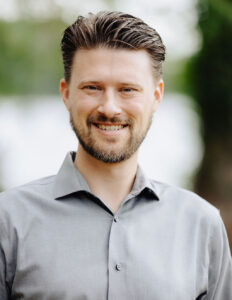
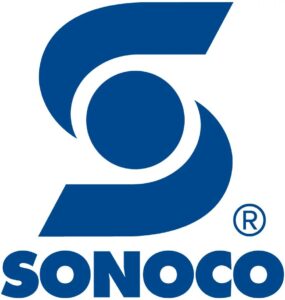

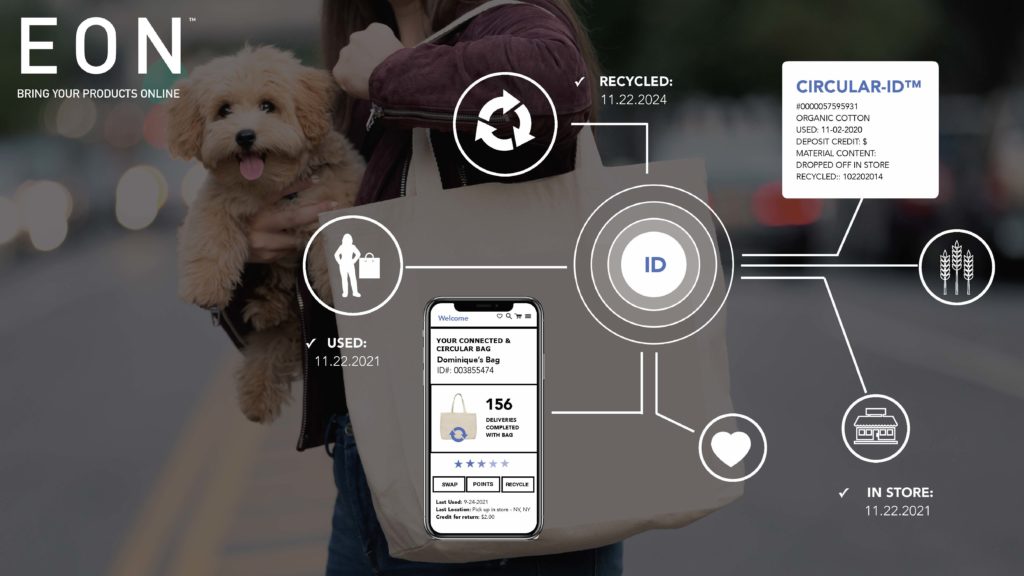
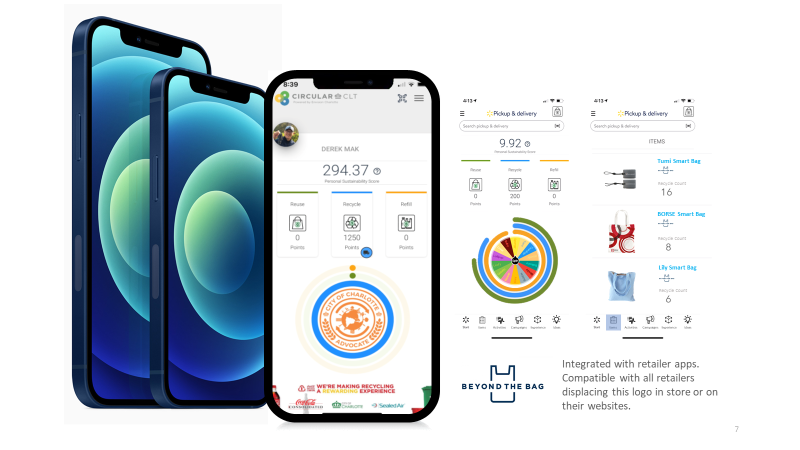
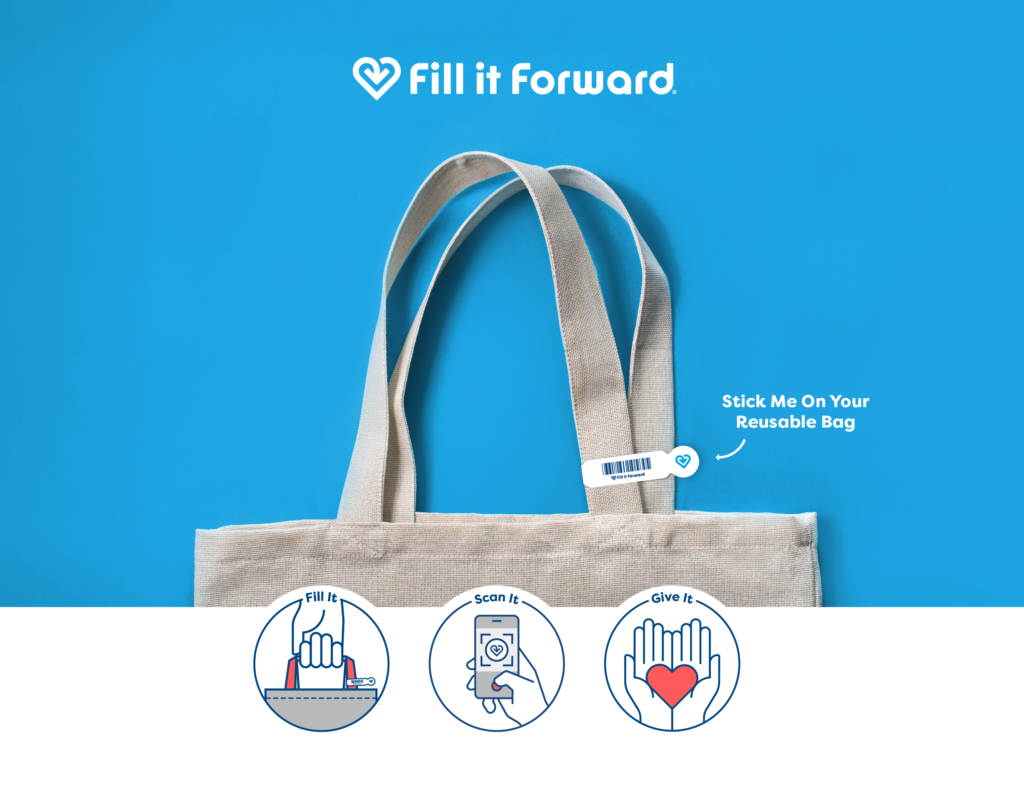
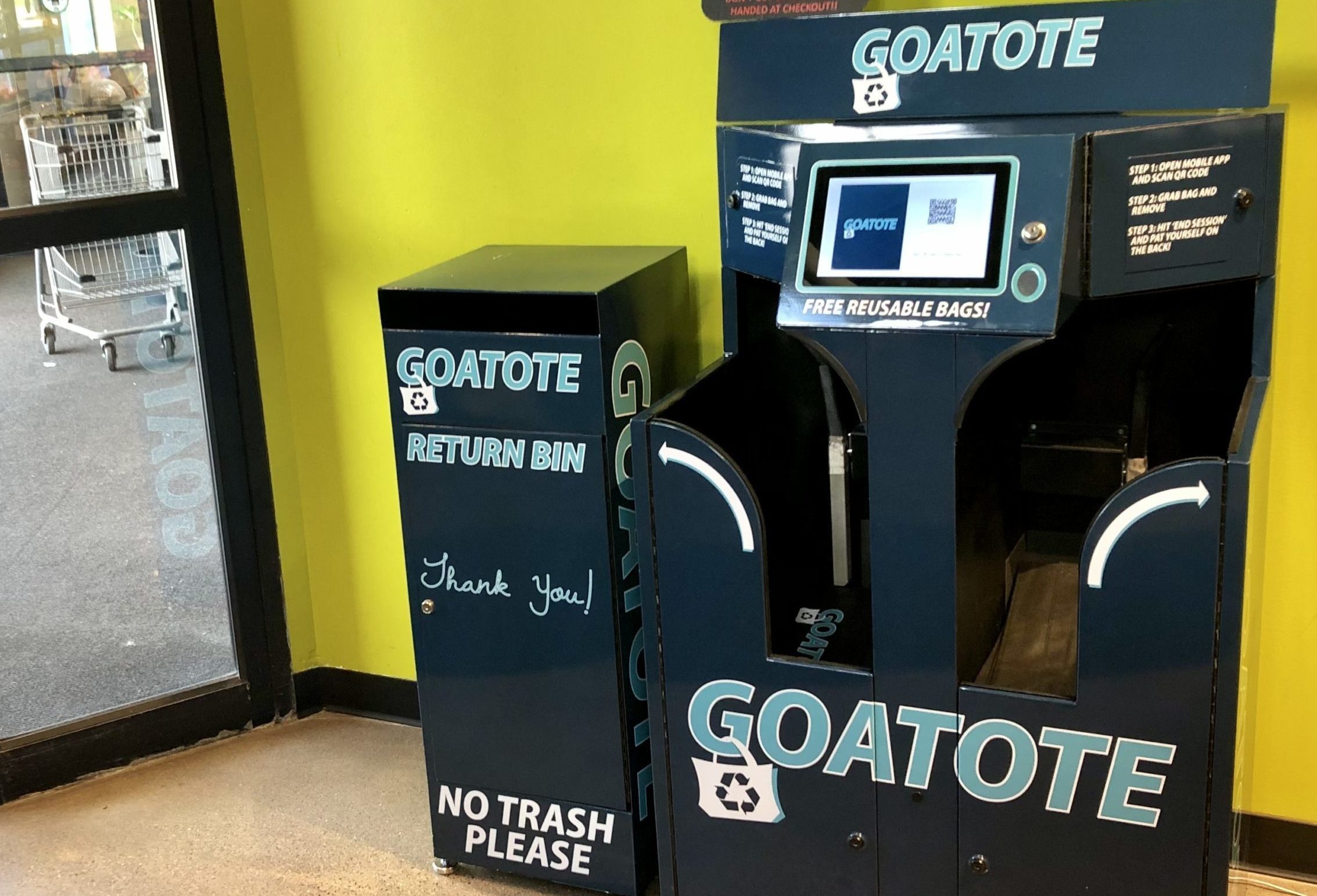
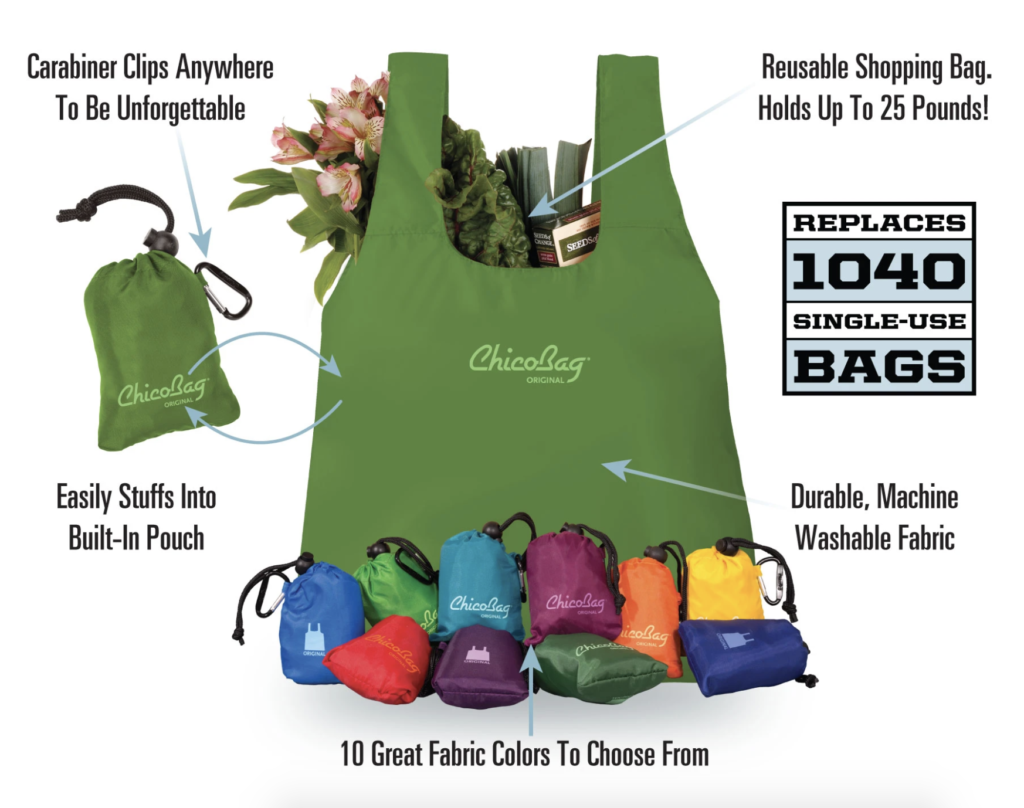
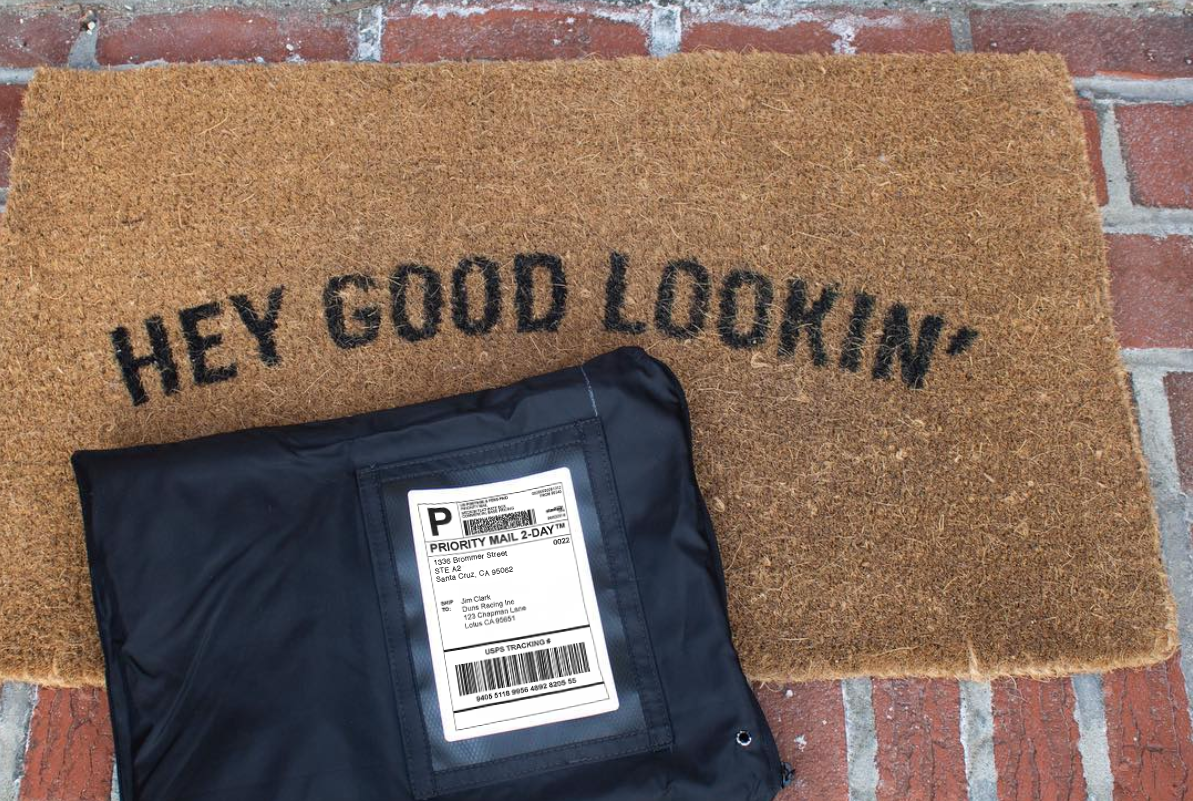
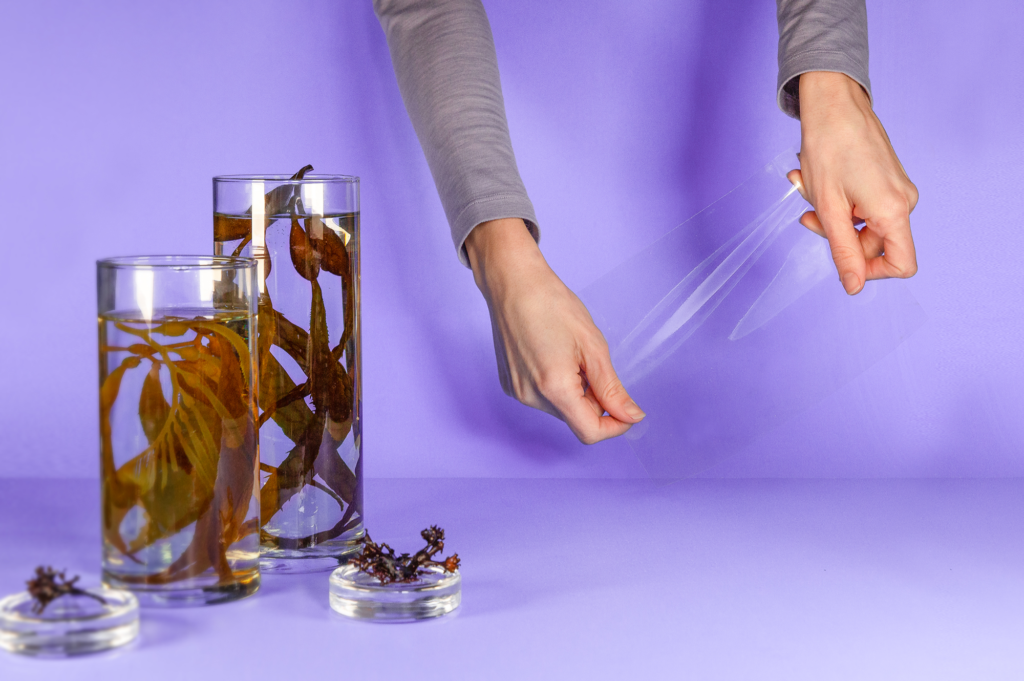
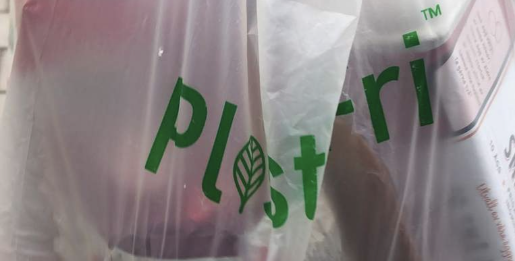
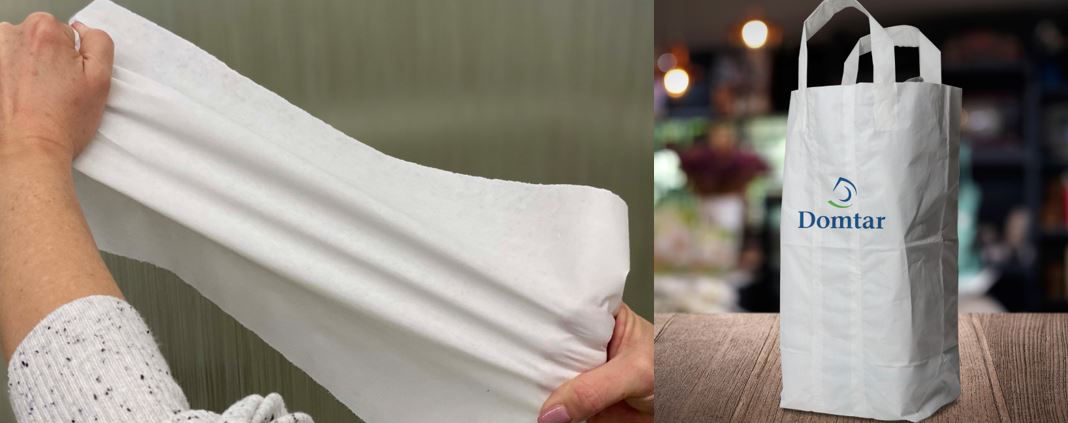
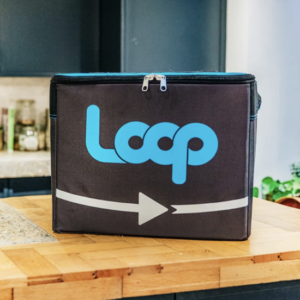 .
. 